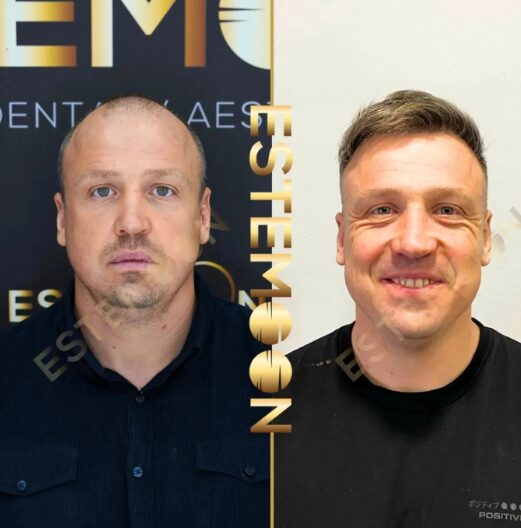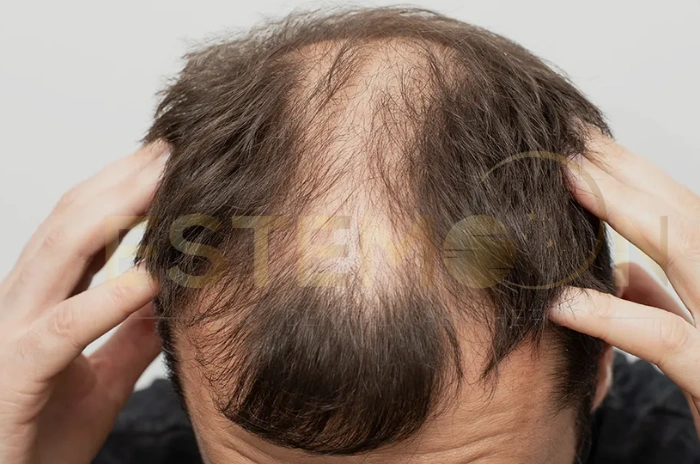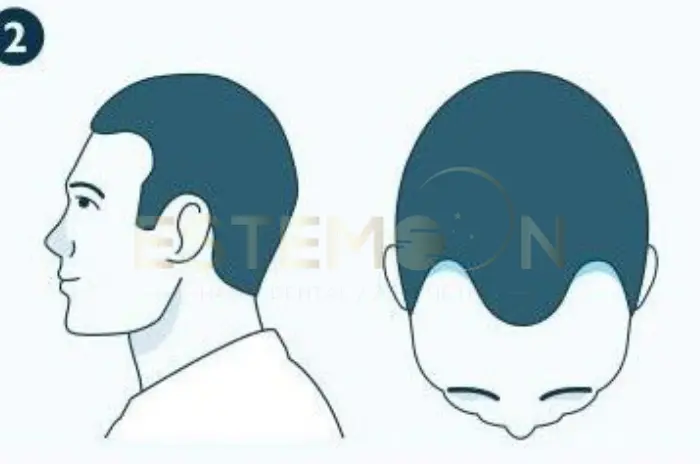Undergoing a hair transplant is a significant step towards reclaiming your hairline and confidence. The procedure itself, whether it’s FUE or DHI, sets the foundation for new hair growth. However, the journey doesn’t end once you leave the clinic. Post-transplant care is crucial to ensure that your new hair grows strong, healthy, and as expected. One of the most important aspects of this care is proper nutrition, which includes the right hair growth supplements.
In this post, we’ll explore the importance of hair growth supplements post-transplant, which ingredients to look for, and how they can enhance the results of your hair transplant.
The Importance of Hair Growth Supplements Post-Transplant
After a hair transplant, your scalp is in a delicate state. The newly transplanted follicles need to establish themselves and start producing hair. This process requires optimal conditions, including a healthy diet, good circulation, and adequate nutrition.
While a balanced diet is the best source of nutrients, supplements can play a vital role in ensuring you’re getting everything your body needs to support hair growth. They can provide concentrated doses of essential vitamins, minerals, and other compounds that might be difficult to get in sufficient quantities from food alone, especially when your body is healing and regenerating.
Key Nutrients for Post-Transplant Hair Growth
- Biotin (Vitamin B7)
Biotin is perhaps the most well-known supplement for hair growth. It’s essential for the production of keratin, the protein that makes up your hair. Post-transplant, biotin can help strengthen the hair follicles and improve hair texture, reducing the risk of breakage and shedding.
- Zinc
Zinc plays a crucial role in hair tissue growth and repair. It also helps keep the oil glands around the follicles working properly. A deficiency in zinc can lead to hair loss, so taking a supplement after your transplant can help ensure your scalp stays healthy and conducive to new growth.
- Iron
Iron deficiency is a common cause of hair loss, particularly in women. Iron helps red blood cells carry oxygen to your cells, including your hair follicles. Ensuring you have adequate iron levels post-transplant can support the growth of strong, healthy hair.
- Vitamin D
Vitamin D is vital for hair follicle cycling. Studies have shown that a deficiency in Vitamin D can be linked to hair loss. After a transplant, making sure you have sufficient Vitamin D levels can aid in the growth and maintenance of the new hair follicles.
- Omega-3 Fatty Acids
Omega-3 fatty acids are known for their anti-inflammatory properties, which can be particularly beneficial post-transplant. These fatty acids help keep the scalp hydrated and reduce inflammation, creating a healthier environment for hair growth.
- Vitamin E
Vitamin E is a powerful antioxidant that can prevent oxidative stress, which has been linked to hair loss. It also helps improve circulation, ensuring that the hair follicles get the nutrients they need to grow.
- Saw Palmetto
Saw Palmetto is a natural supplement that has been shown to block the effects of DHT, a hormone that can cause hair follicles to shrink and eventually stop producing hair. Taking Saw Palmetto post-transplant can help protect your new hair from DHT-related hair loss.
Timing and Dosage: When and How Much to Take
It’s important to note that while supplements can be beneficial, they should be taken as directed and in the right amounts. Taking too much of certain vitamins, like Vitamin A, can actually lead to hair loss, so balance is key.
Typically, it’s best to start taking hair growth supplements immediately after your transplant. However, you should consult with your surgeon or a healthcare professional before starting any new supplement regimen to ensure it’s safe and appropriate for your specific needs.
What to Expect: Realistic Results with Supplements
While hair growth supplements can support and enhance the results of your hair transplant, they are not miracle workers. It’s important to have realistic expectations. Supplements can help speed up the growth process, improve hair strength, and reduce shedding, but they won’t drastically change the outcome of your transplant.
Most people start to see the benefits of hair growth supplements within a few months, but it can take up to a year to see full results. Consistency is key, so make sure to take your supplements daily and maintain a healthy diet and lifestyle to support your hair growth.
Combining Supplements with Other Post-Transplant Care
In addition to supplements, other post-transplant care steps can help maximize your results. These include:
- Proper Scalp Care: Keep your scalp clean and moisturized, and follow your surgeon’s instructions for washing and caring for your hair in the weeks following your transplant.
- Avoiding Stress: Stress can negatively impact hair growth, so try to manage stress through relaxation techniques, exercise, and adequate sleep.
- Healthy Diet: Supplements should complement a healthy, balanced diet that includes plenty of fruits, vegetables, lean proteins, and whole grains.
Conclusion
Hair growth supplements can be an invaluable part of your post-transplant care routine. By providing your body with the nutrients it needs to support hair growth, you can enhance the results of your hair transplant and enjoy thicker, healthier hair. However, it’s important to choose the right supplements, take them as directed, and combine them with other healthy habits for the best results.




